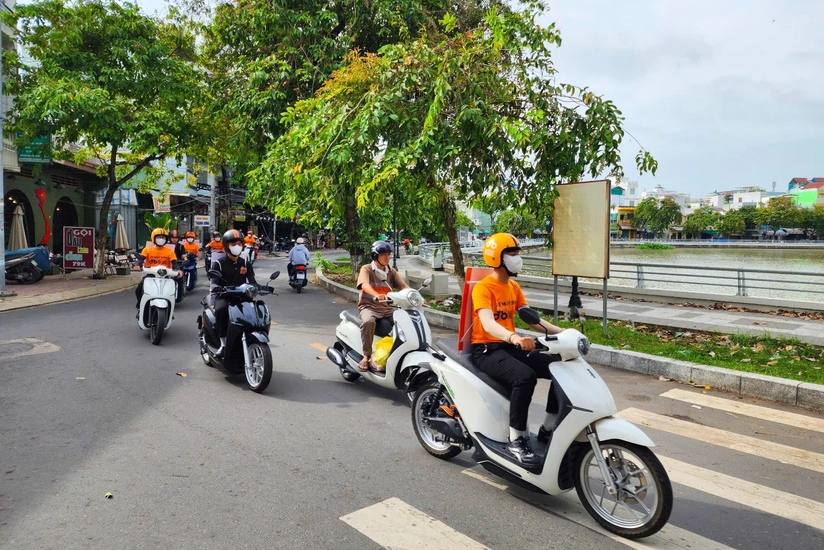Hanoi plans $760 in support for residents switching to electric motorbikes
- 25 November, 2025
- 10:29

Vietnam's Hanoi is proposing financial support of up to VND20 million ($760) for low-income households and VND15 million ($570) for near-poor households to help them replace petrol motorbikes with electric models, Report informs referring to Viet Nam News.
Other eligible residents who have permanent or continuous temporary residence in the city for at least two years and own a petrol-powered motorbike would receive support equal to 20 per cent of the value of the new green-energy motorbike priced from VNĐ10 million ($380) upwards, capped at VNĐ5 million ($190).
Each person would be entitled to support for only one vehicle, applicable from the date the resolution takes effect until before January 1, 2031.
This is one of the contents of the draft resolutions related to low-emission zones and incentives for switching to clean-energy transport that are expected to be considered by the People's Council of Hanoi at its 28th session, scheduled from Wednesday to Friday.
The proposed support level is higher than the capital's Construction Department"s July 2025 suggestion of VNĐ3–5 million ($114-190) and is comparable to the policy currently under consideration in HCM City.
In addition to direct financial support, Hanoi also plans to reduce registration and number plate fees by 50 percent for residents switching to clean-energy vehicles until 2031, while low-income and near-poor households would be exempt from these fees entirely.
The city is also preparing financial support measures for residents buying electric motorbikes on instalment plans.
Under the proposal, the city budget would cover 30 percent of the loan interest for the full contract value for up to 12 months, provided the vehicle is purchased from dealerships partnered with banks or financial institutions.
For businesses, taxi and bus operators converting their fleets to green-energy vehicles while retaining their existing identification number plates would be exempt from 100 percent of related fees.
Companies that rent out green-energy vehicles and use sections of roads or pavements for temporary parking would also enjoy a fee exemption for up to five years.
To reduce the use of private vehicles, Hanoi also plans to expand free fares on mass transit systems for people with meritorious services, people with disabilities, senior citizens, children under six, low-income households, students and workers in industrial zones.
Local authorities will review and propose suitable locations for public clean-energy charging stations.
Car parks in residential buildings, commercial properties, hospitals and public facilities within the Ring Road 3 zone will be required to convert at least 15 percent of parking spaces into clean-energy charging points by January 1, 2030, with new buildings required to meet a minimum of 30 percent.
Road infrastructure such as bus stations, car parks and service stops operating within the Ring Road 3 zone must also have at least 15 percent of charging stations by 2030, and 30 percent for new projects.
The city will support businesses investing in charging-station infrastructure through measures including covering 30 percent of loan interest for up to five years, providing 50 percent of site-clearance costs, and exempting land-lease fees for the first five years.
Such projects will undergo expedited appraisal and investment approval procedures.
The resolutions aim to implement the 2024 Capital Law and the Prime Minister"s Directive No. 20 on preventing environmental pollution.
Under the roadmap, Hanoi will ban petrol motorbikes inside Ring Road 1 zone from July 1, 2026, extend the ban to Ring Road 2 by 2028, and to Ring Road 3 by 2030, along with restrictions on petrol and diesel cars.
Hanoi currently has around 6.9 million motorbikes, including approximately 450,000 within the Ring Road 1 zone.
